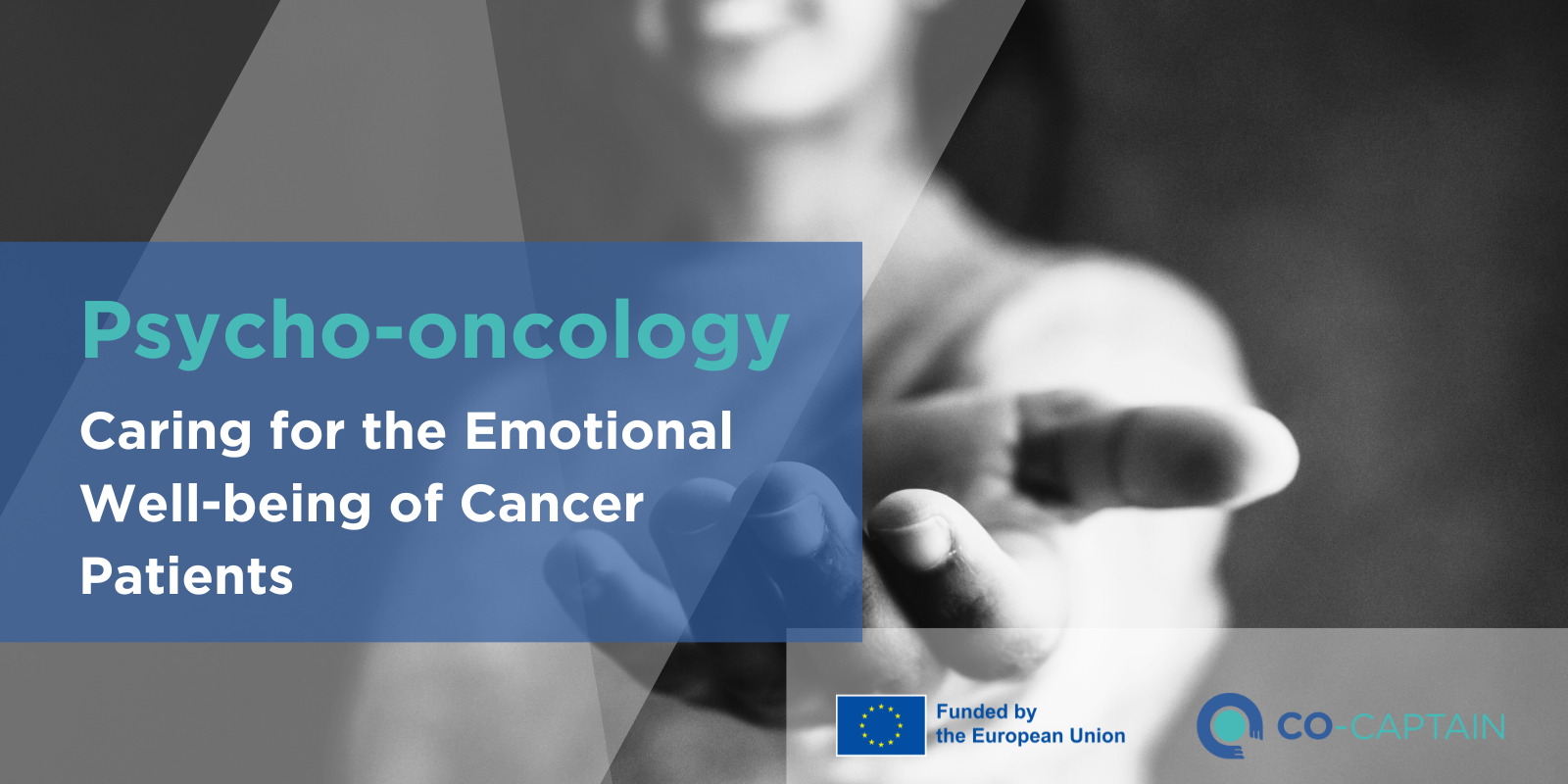A diagnosis of cancer represents a profoundly shocking moment for any individual. Beyond the inherent medical challenges, the experience of coping with this disease carries a significant mental and emotional burden. In this first article, we delve into the field of psycho-oncology, a discipline that focuses on providing psychosocial support to patients coping with cancer.
The emotional impact of a cancer diagnosis is a major health issue. The emotions triggered by this news, ranging from fear and anxiety to sadness and frustration, can influence both patients’ mental health and their own experience of the cancer diagnosis. This emotional aspect becomes a topic of relevance and analysis in scientific research, which seeks to understand and address how these emotions may impact on patients’ overall wellbeing and the effectiveness of their treatment.
The fight against cancer is not only medically challenging, but also carries significant mental and emotional baggage. To prevent and mitigate these effects, psycho-oncology, a discipline dedicated to providing psychosocialsupport to cancer patients, has emerged. This holistic approach not only addresses the physical aspects of the disease, but also pays attention to the mental health of those battling cancer.
Psycho-oncology provides strategies for managing stress and anxiety, and offers a safe space for patients to express their concerns and emotions. Moreover, its reach extends beyond patients, providing emotional support to family members and caregivers who often face their own emotional burden.
The importance of psycho-oncology lies in its ability to improve patients’ quality of life while contributing to more positive treatment outcomes. Mental and emotional health are fundamental components of comprehensive cancer care.
A Deeper Look at Psycho-Oncology
Psycho-oncology is a growing field that focuses on the mental and emotional health of those battling cancer. Here are some highlights:
- Personalised care: Psycho-oncologists strive to understand the specific emotional needs of each patient. This means that there is no one-size-fits-all approach. It is tailored to each person’s individual concerns and fears.
- Integration into treatment: Increasingly, psychological care is being integrated into standard medical care for cancer patients. This helps to address both the physical and emotional aspects of the disease.
- Online resources: There is a growing availability of digital resources and apps designed to provide information, relaxation exercises, meditation and emotional support. These resources are at their fingertips, enabling patients to manage stress and anxiety effectively.
- Support for caregivers: Psycho-oncology is not limited to patients. It also provides support for family members and caregivers, recognising the emotional impact that the disease has on the entire circle of support.
- Ongoing research: Psycho-oncology is a constantly evolving field. Ongoing research provides a deeper understanding of the psychology of illness, leading to better approaches to emotional support.
Why it matters
Psycho-oncology is of paramount importance in cancer care because of its ability to address the mental and emotional health of cancer patients. Through psychological and emotional care, this holistic approach seeks to provide the support needed to alleviate the emotions that often accompany cancer diagnosis and treatment. It also provides tools to improve the quality of life of both patients and their loved ones, contributing to a more effective recovery and overall well-being during the treatment process.




